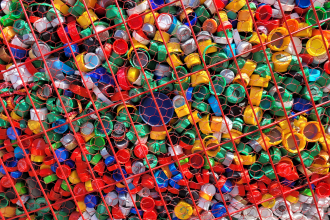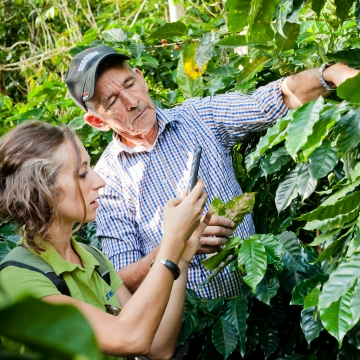We study how the allocation of power in a voting procedure affects the regulation and extraction of environmental public goods. In an appropriation game experiment, different endowments induce heterogeneous preferences among the three group members regarding their preferred quota, aimed at increasing social efficiency by restricting aggregate extraction. The players vote by submitting a proposal; one among the submitted proposals is implemented, selected at random, but across treatments, we vary the odds that a type sets the regulation.


